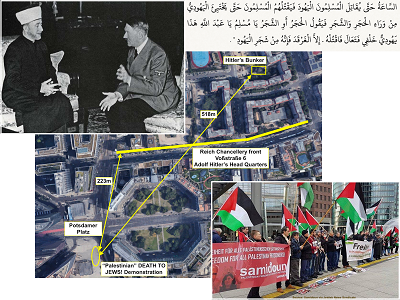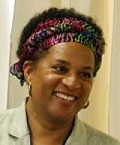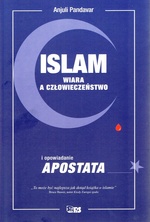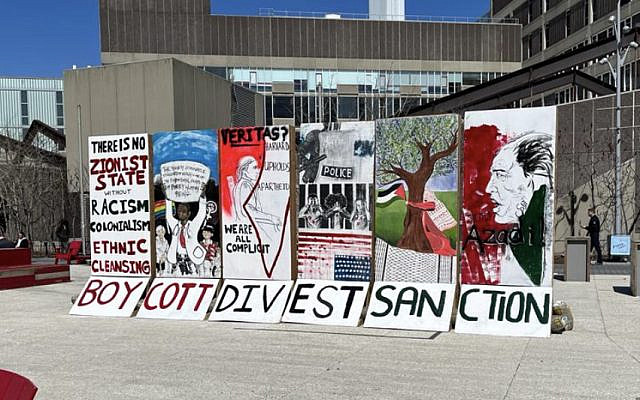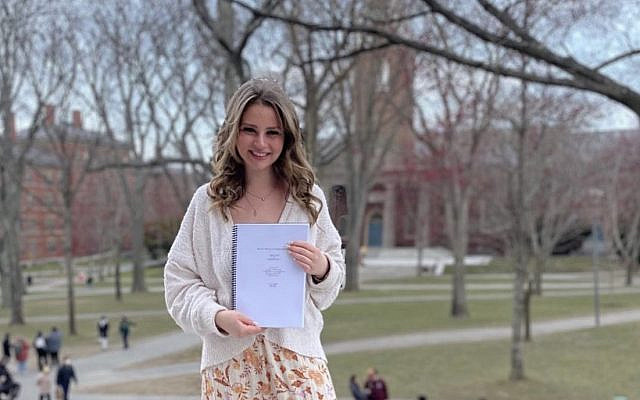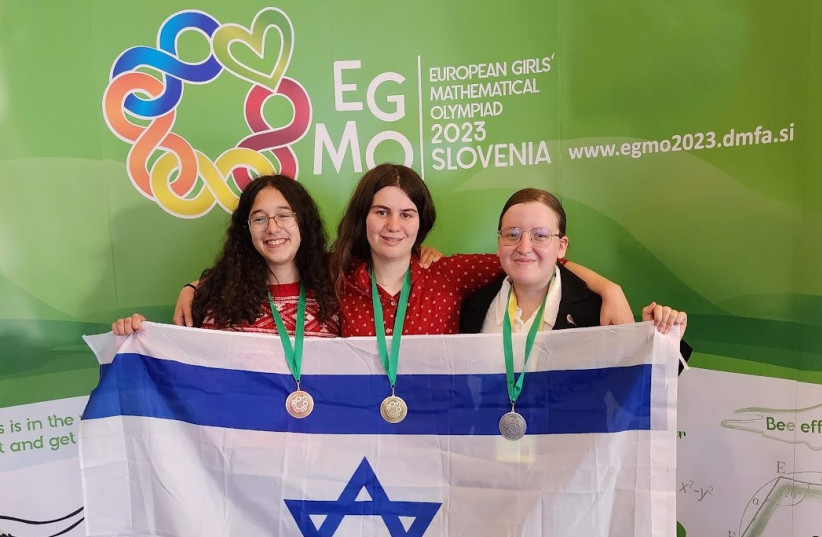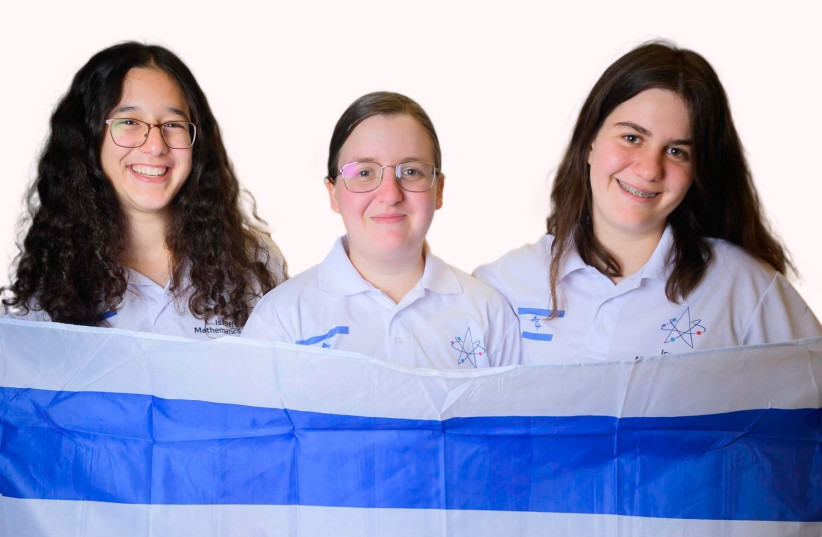 A Russian Passover
A Russian Passover
BEREL LAZAR
 An elderly man sits in an abandoned synagogue, Russia, 1991DAVID TURNLEY/CORBIS/VCG VIA GETTY IMAGES
An elderly man sits in an abandoned synagogue, Russia, 1991DAVID TURNLEY/CORBIS/VCG VIA GETTY IMAGES
Chief Rabbi of Russia Berel Lazar on the moral and historical responsibility for maintaining Jewish communal life in a harsh environment.
It has been a difficult year for Jews in former Soviet countries and the rabbis who lead them. This is certainly the case in Ukraine, but also, in a different way, in Russia.
Indeed, my colleagues and I have been repeatedly approached by Jewish community members asking whether they should leave or remain here. It’s a complex question. While antisemitism is thankfully not a major concern as it once was, economic and political issues abound. There is no one-size-fits-all answer.
When it comes to me and my fellow rabbis here, on the other hand, the answer has always been clear: Our place is with our people. Not one of the 200 or so Chabad-Lubavitch rabbis—Jewish leaders responsible for the rebuilding of Jewish life in Russia since the fall of communism—have left their communal posts.
Is this the right decision?
This Passover I find myself recalling a taxi ride I took on my first visit to Moscow 35 years ago, then very much still the Soviet Union. The driver looked at my Hasidic garb and asked: “Excuse me, you look like a Jew—are you?” “Yes,” I responded, “a rabbi in fact.” Though there were only the two of us in the car, he lowered his voice to a whisper and shared that he, too, was Jewish. “It’s best to hide that here,” he advised. I gently pushed back. “We should be proud of being Jewish,” I said. “Our people have a lot to be proud of.”
He had many questions. “Why do we eat matzo?” he asked. Jewish study had long been banned under communist rule as “religious propaganda” and “Zionist influence,” but despite persecution the vast majority of Soviet Jews knew of matzo, the Festival of Our Freedom’s “food of faith and healing”—even if they knew nothing else about it. So there, in the taxi, I began retelling him the story of Passover, of the Exodus, of how our ancestors had hurried to make the hasty departure from Egypt and their dough hadn’t time to rise. When I was done he had one more question. “Why,” he asked in all sincerity, “do you need to add blood to matzo?”
I’ll never forget that moment. Having been denied all knowledge of the Jewish people’s faith and history, Jews in Russia were not only afraid to admit their Jewish identity, but were ignorant of it. In the back seat of that Moscow cab I vowed to do everything in my power to foster Jewish pride and learning.
Having been denied all knowledge of the Jewish people’s faith and history, Jews in Russia were not only afraid to admit their Jewish identity, but were ignorant of it.
Several years passed. The Soviet Union disintegrated and many thousands of Jews, finally granted freedom, emigrated en masse. Meanwhile, my fellow Chabad rabbis and I set about rebuilding Jewish life from the ground up for the many who chose to remain in the new Russia.
Soviet Jews, so long denied the liberty to choose where they could live, had won the freedom of the body. Now, our goal was to help them gain freedom of the spirit by connecting them to the wellsprings of Jewish knowledge and tradition.
Then, in 1993, still-unknown arsonists burned down the old Hasidic synagogue in the Marina Roscha neighborhood of Moscow. We quickly built a new one, but it too was firebombed—twice. These attacks were widely reported, and unsurprisingly many Jews took them as signs that it was still advisable to hide their identity and recede from public view.
We had to draw Jews out of the shadows and back to the synagogue. Then, as now, Passover was approaching, and we came up with an idea. With Soviet Jewry’s historic connection to matzo, the unleavened bread eaten on Seder nights, we plastered the whole of Moscow with billboards announcing that a massive shipment had arrived from Israel. Whoever desired matzo could pick some up at their neighborhood synagogue.
And it worked! They came quietly at first, gathering in front of the burned out shell of the old synagogue and sharing stories of their grandmothers baking matzo in their home ovens, while they, the children, used a fork to make holes in the dough. The next year they came more openly, bringing their acquaintances with them. Soon it became a familiar scene: Every year before Passover long lines would form outside of literally every synagogue and Jewish community center across Russia with Jewish men and women picking up matzo.
This Passover will be no different. We’ve imported more than 150 tons of matzo from Israel to ensure that there is enough for every Jewish home in Russia, and more than 25,000 people will gather at communal Seders. Had we left, just as there might not have been Passover in Russia back in 1993, there wouldn’t have been Passover this year.
The story of the Exodus begins not with the 10 plagues or the splitting of the Red Sea, but with Moses heeding the Almighty’s call and sacrificing the comforts of Midian, where he’d lived in peace, to return to Egypt and be with his oppressed brethren. It was this sacrifice for his people that enabled Moses to ultimately lead them to redemption.
Rabbis through the ages have looked to Moses as the lofty standard of Jewish communal leadership during the trials and tribulations of history. In the darkest periods of the Soviet Union, heroic Jewish leaders like Rabbi Yosef Yitzchak Schneersohn, the sixth Lubavitcher Rebbe, and his devoted followers, continued to share the light of Torah with their fellow Jews, risking imprisonment or death. They succeeded in keeping the embers of Judaism alight in the USSR.
It was his successor as Lubavitcher Rebbe, Rabbi Menachem M. Schneerson, who sent me and my colleagues to a waning USSR just as it seemed everyone else was fleeing in the opposite direction. We faced nothing like the persecution of our Soviet-era predecessors, but it was this same ideal of Jewish leadership that placed me in that Moscow taxi, and which keeps us all here today.
The role of the rabbi is to walk in the ways of Moses and lovingly guide his flock to the true freedom of fulfilling their destiny. This is the work our Chabad colleagues in Ukraine heroically pursue. And as we pray for an end to the bloodshed, we will continue serving our brethren and those in need in war and, hopefully very soon, in peace.
The rest is commentary.
Rabbi Berel Lazar is the chief rabbi of Russia.
Zawartość publikowanych artykułów i materiałów nie reprezentuje poglądów ani opinii Reunion’68,
ani też webmastera Blogu Reunion’68, chyba ze jest to wyraźnie zaznaczone.
Twoje uwagi, linki, własne artykuły lub wiadomości prześlij na adres:
webmaster@reunion68.com


